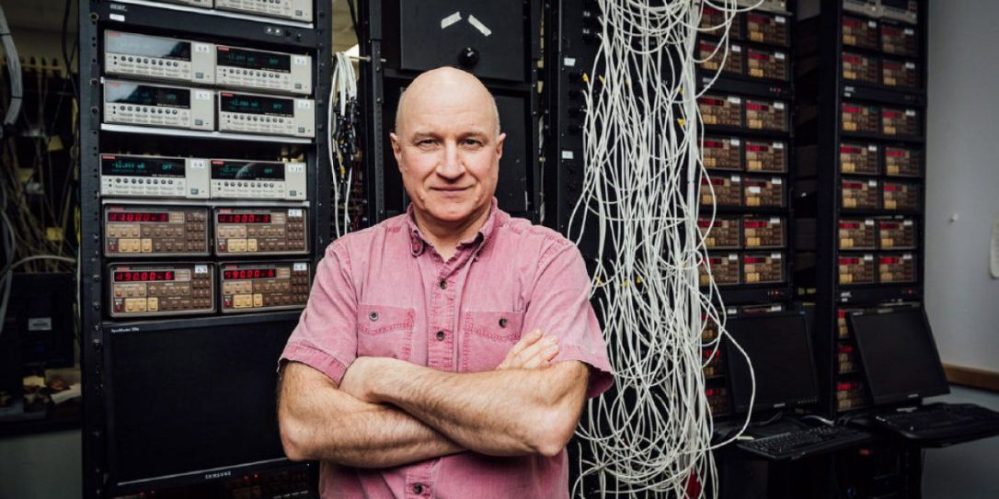
Tesla has donated over $3 million to a Canadian battery research team that it has been working with to develop cheaper, longer-lasting battery cells for its electric vehicles.
Tesla Advanced Battery Research
For the past five years, Tesla has been working with a battery research group in Canada, also known as Jeff Dahn’s research team, that has been helping improve its battery tech.
Dahn is considered a pioneer in Li-ion battery cells. He has been working on the Li-ion batteries pretty much since they were invented. He is credited for helping to increase the life cycle of the cells, which helped their commercialization.
His work now focuses mainly on a potential increase in energy density and durability while also decreasing the cost.
In 2016, Dahn transitioned his research group, which operates as part of Dalhousie University in Halifax, Nova Scotia, from their 20-year research agreement with 3M to a new association with Tesla under the newly formed “NSERC/Tesla Canada Industrial Research.”
The partnership has already been very beneficial for Tesla.
Over the last few years, the group has been filing patents on battery technology for Tesla that could lead to a new battery cell enabling a million miles in a battery pack.
The contract between Tesla and Dahn’s team for their “Advanced Battery Research group” was set to expire in 2021, and changes were bound to happen.
Last year, we reported on Dahn planning the succession of his battery research group.
While we were told that he doesn’t plan to retire anytime soon, they decided to split his role into two jobs, Tesla Canada Research chair and Herzberg-Dahn chair, and to have Dahn mentor the new leaders.
In January, we reported on the team renewing its contract with Tesla through 2026 and making Dr. Chongyin Yang and Dr. Michael Metzger the new chairs of the program.

Tesla invests another $3.1 million
Today, it was announced that Tesla participated in the funding of a new $6 million grant for the group:
“Faculty of Science researchers Jeff Dahn, Chongyin Yang and Michael Metzger are the recipients of $2.9 million in funding from the Natural Sciences and Engineering Research Council (NSERC) and an additional $3.1 million from Tesla to help develop advanced batteries for electric vehicles and grid energy storage.”
The new funding is going toward achieving the same set of goals as the NSERC/Tesla Canada Industrial Research program:
• Lowering the costs of batteries for electric vehicles and electrical energy storage applications
• Increasing the lifetime of batteries for electric vehicles and electrical energy storage applications
• Increasing the energy density of batteries for electric vehicles and electrical energy storage applications
• Maintaining and improving the safety of batteries for electric vehicles and electrical energy storage applications
• Increasing the content of sustainable materials in the batteries
Dr. Dahn, who again is still advising the new chairs, commented on the new funding:
“I am very grateful for this funding from NSERC and Tesla. This will allow Chongyin, Michael and I to solve many remaining puzzles that will help improve battery lifetime and lower cost. The students trained in this program are finding, and will continue to find, immediate employment in the advanced battery sector locally and around the world. Tesla is a wonderful partner and a world leader in electric vehicle, solar and electrical energy storage products. We share their commitment to help combat climate change through electrified transportation and renewable energy generation and storage.”
Tesla also issued a rare official comment:
“We are thrilled for our work with Dalhousie, Dr. Jeff Dahn, Dr. Chongyin Yang and Dr. Michael Metzger. We are excited and look forward to their important contributions in battery technology to help achieve our mission.”
The automaker has been using the research and development made by Dahn’s team to develop its own battery cell technology.
Subscribe to Electrek on YouTube for exclusive videos and subscribe to the podcast.
Author: Fred Lambert
Source: Electrek



